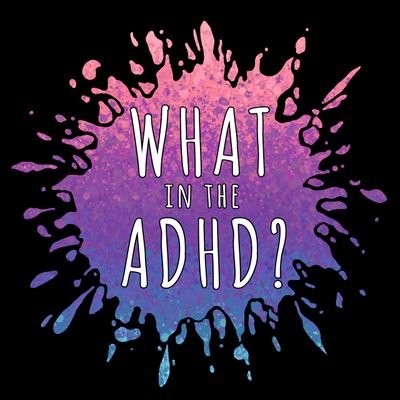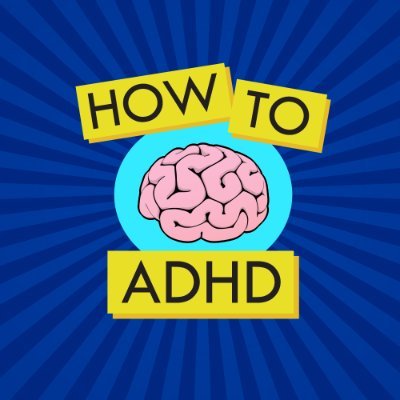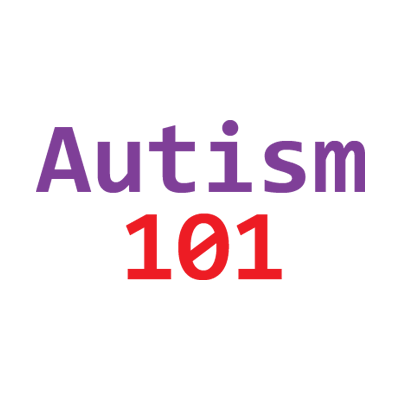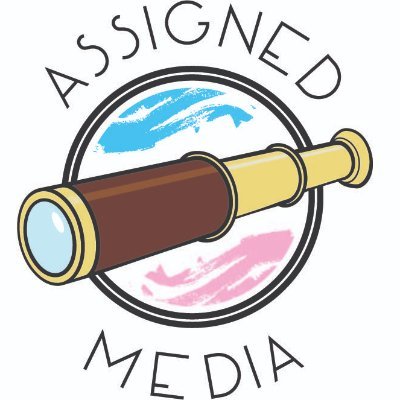
Structured Success
@StructuredSucc
ADHD Coach & Academic Strategist | Guiding ADHD, autistic, and neurodivergent clients through lived experience | they/her | #AuDHD | #ActuallyAutistic
Vous pourriez aimer
Also on Bluesky, Threads, Mastodon, and sometimes Tumblr and Reddit too.
Hey you. Do a self-regulation. It doesn't have to be big, long or intense. Here's a few options: * Box breathing (In for 4, hold for 4, out for 4, hold for 4) * Stretch with long, deep exhales * Find a sensory thing that's bugging you. Change it * Brain dump what's on your mind
Being undiagnosed or misdiagnosed isn’t just an oopsie-doodle. It delays treatment, kneecaps our self-understanding, and can even reinforce unhealthy shame cycles, self-criticism, and maladaptive coping strategies
I love how my brain can hyperfocus on something and it feels rewarding to do for like 8-12 hours straight... What I don't like so much is that it takes a business week to recover afterward
So much of oral health is a sensory nightmare. The feeling of the brush or floss on our gums, the flavours and textures… They can create a significant barrier to managing or improving our oral health
I like to think about OCD as having a sticky mind. Doubts, worries, and thought loops get stuck and take over our attention. They refuse to get unstuck until we do something to chase away the doubt. Unfortunately, this reinforces them, encouraging this sticky relationship
We don't talk about the emotional regulation challenges of ADHD nearly enough. Between the big, fast, emotions ADHD'ers can get, the sensitivity to rejection so many of us experience, and the guilt and shame we've be programmed into for how our brain works: It's a lot.
I swear my phone exists in one of two states: 1) Dead because I forgot to plug it in and/or lost it again. 2) Sitting on the charger at 100% because I forgot plugged it in and don't know where it is
How often is it appropriate to remind someone of an outstanding task? I ask because my brain WILL NOT STOP reminding me of every outstanding task I have on an endless loop 😠
Labels, whether diagnoses or traits, are often a shorthand to communicate our experiences. They cannot capture the totality or nuance of our experience, but they aren’t meant to. They are about get other people close enough to develop partial understanding
Reasons are for reasonable people. If they're unreasonable, you don't need to tell them the reason you're changing your behaviour to enforce a boundary. You don't even have to tell them that there's a boundary there. You're allowed to just change your behaviour and move on
Taking time to self-regulate can feel almost impossible with the endless demands put upon us, but it _needs_ to happen. If we don't choose to take the break and regulate, our body will choose for us. This can lead to headaches, shut downs, melt downs or other somatic impacts
Oftentimes, highly successful, high-functioning ADHD'ers have a combination of accommodations, community support, and privilege that prevent their executive dysfunction from becoming a barrier to their success. Some of this can be recreated by others; some of this… not so much
Just because it works for neurotypicals doesn't mean it's going to work for neurodivergent folks, HOWEVER! Just because it works for NTs doesn't mean it WON'T work for neurodivergent folks! Try as many strategies as you can; keep those that work, modify or get rid of the rest
Having ADHD can train us into anxiety. Not being able to trust our memory, attention regulation, or emotions can teach us that we always need to worry about them or doubt ourselves. Over time, this worry and self-doubt becomes a constant companion
Rejection sensitivity makes even potential rejection hurt so intensely that we can compromise on our values to avoid them. Practising radical acceptance—i.e., accepting what's happening as it is without judging or analyzing it—can soften these blows and aid in re-regulating
Our stimulation needs are highly individual and context-dependent. Stimulation needs vary widely from ADHD'er to ADHD'er, with some people needing FAR more or FAR less stimulation than others. And these needs change yet again based on our situation, emotional state, or context
United States Tendances
- 1. Cowboys 50.6K posts
- 2. #WWERaw 47.6K posts
- 3. Cardinals 23.1K posts
- 4. Koa Peat 4,953 posts
- 5. Jerry 39.7K posts
- 6. Bland 10.2K posts
- 7. Jacoby Brissett 2,842 posts
- 8. Logan Paul 6,199 posts
- 9. Kyler Murray 2,297 posts
- 10. Arizona 39.6K posts
- 11. Cuomo 147K posts
- 12. Bethune 3,597 posts
- 13. Sam Williams 1,123 posts
- 14. Monday Night Football 16.1K posts
- 15. Eberflus 1,611 posts
- 16. Pacers 9,250 posts
- 17. Marvin Harrison Jr 5,063 posts
- 18. #RawOnNetflix 1,701 posts
- 19. Steele 5,520 posts
- 20. Jake Ferguson 1,559 posts
Vous pourriez aimer
-
 Dani Donovan 👩🏻🎨 ADHD Comics
Dani Donovan 👩🏻🎨 ADHD Comics
@danidonovan -
 sydni | what in the ADHD?
sydni | what in the ADHD?
@WhatTheADHD -
 ADHD Jesse
ADHD Jesse
@adhdjesse -
 Pina✨ADHD Alien Comics
Pina✨ADHD Alien Comics
@ADHD_Alien -
 Jessica McCabe
Jessica McCabe
@HowtoADHD -
 Callum Stephen (He/Him)
Callum Stephen (He/Him)
@AutisticCallum_ -
 Rach Idowu @AdultingADHD
Rach Idowu @AdultingADHD
@AdultingADHD -
 🌟Cheshire Cat ᓚᘏᗢ,
🌟Cheshire Cat ᓚᘏᗢ,
@autismsupsoc -
 Emily♡
Emily♡
@ItsEmilyKaty -
 potatum
potatum
@pot8um -
 Lauren Melissa Ellzey (she/her)
Lauren Melissa Ellzey (she/her)
@autienelle
Something went wrong.
Something went wrong.




















































































































